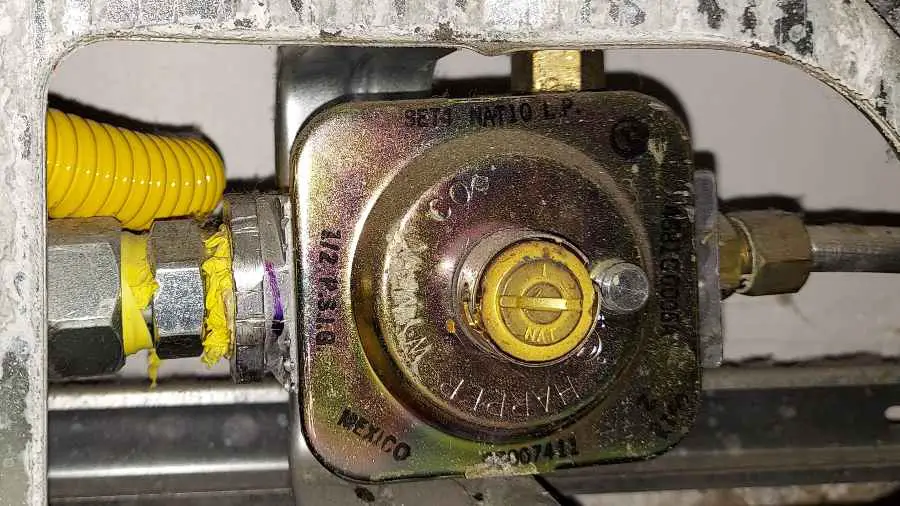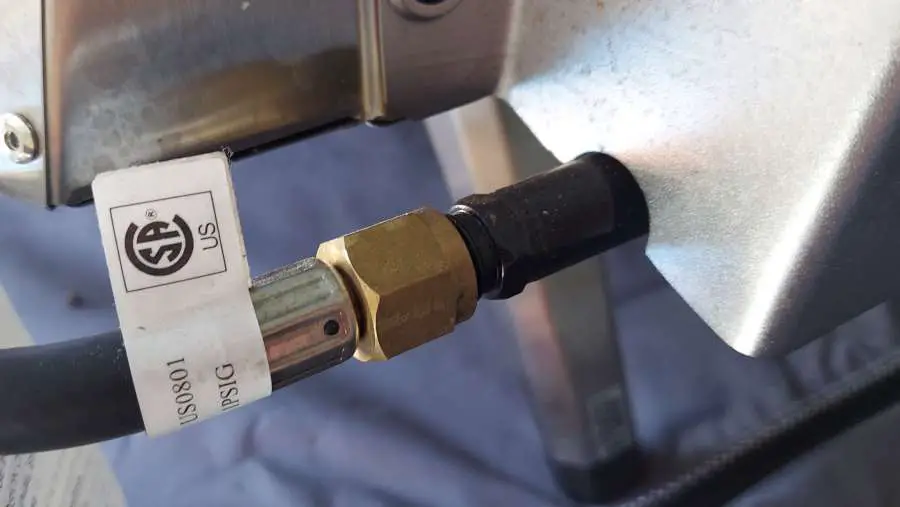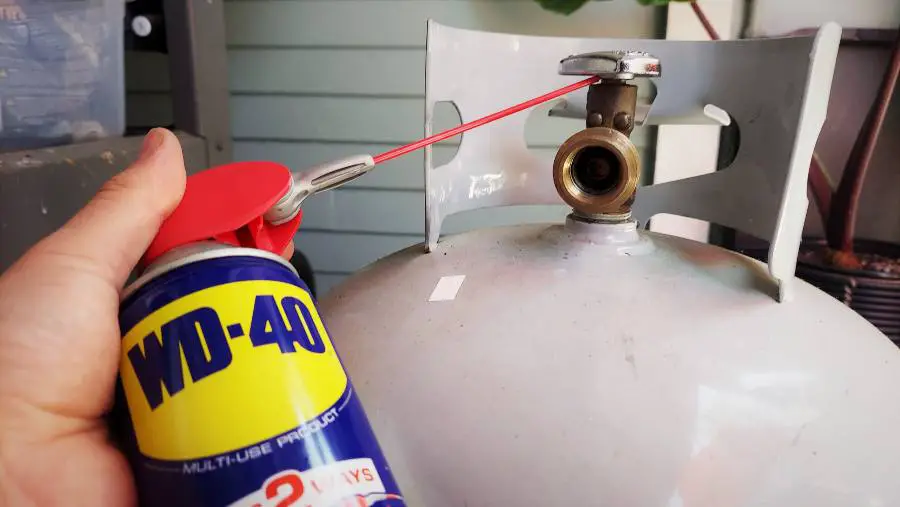Last Updated on May 23, 2024 by Dan Campbell
Generators can be loud and if you’re running one for multiple hours it can become a distraction. Whether you’re using a generator for powering your home, while on a work site, or camping, no one likes a loud generator around them. So when you’re choosing your generator, the type of fuel can come into play as each fuel type produces varying amounts of noise. And if you’re choosing an off-grid generator, you may opt for propane as you can connect it to larger tank sizes.
Are Propane Generators Quieter Than Gas
Typically, propane generators run quieter than gasoline-powered generators, but only by a marginal amount and at the cost of reduced power output. See my recommendation below for the quietest generator (which isn’t propane).
At 20 feet away, a 7kW gasoline-powered generator puts out around 77dB.
At 20 feet away, a 7kW propane generator puts out around 68dB.
This is equivalent to the noise produced by a truck vs a small car.
Many factors go into how loud a generator is, such as the make, model, age, and size of the generator. Some generators such as Honda’s Super Quiet series can operate as low as 50dB while running on gasoline. The older a generator is the more likely it will run louder. Newer models of generators are typically quieter and more fuel-efficient while also being capable of producing more power. Good maintenance on a generator can also help make it quieter, so if you have a generator that is running louder than usual, try changing the oil and cleaning it. Generators that include an inverter typically run quieter also since they adjust the engine speed based on power demand.
As an example, a normal talking conversation is around 60dB, a vacuum 75, a lawnmower 90, and a motorcycle is around 100. So for a generator to be as quiet as 50dB is pretty amazing!
If the level of noise a generator makes is a priority for you, your budget will be the main factor on whether you decide to choose a propane generator or Honda’s Super Quiet series which runs on gasoline. While these models run on gasoline, they are quieter than most propane generators.
However, the initial cost of these models is a lot higher than most propane generators with a marginal difference in noise output. You may want to choose a propane generator that can run at a similar decibel range at a much lower cost while also outputting similar wattage.
The Quietest Generator Available (It’s NOT Propane)
Surprisingly, one of the quietest generators currently available is a gasoline-powered generator. The Honda EU1000i is part of Honda’s Super Quiet series which utilizes special sound-dampening materials and quiet Honda engines to reduce noise.
However, this model can only output 1000 watts, which is only suitable for powering small appliances such as a microwave and TV. The next quietest generator comes from Generac and is also gasoline, the Generac IQ3500 which produces 3,000 watts and outputs around 50 to 57 dBA which is suitable for most household applications. It can easily power your heat, fridge, and AC units (up to 13,500 BTU), but not all at the same time.
A comparable propane generator that runs at a low noise level is the A-iPower SUA2000iD 2000 Watt which outputs around 52dB. Since this unit also puts out around 2,000 watts it’s a great middle-ground between the Honda EU1000i and Generac IQ3500.
Are Propane Generators Better Than Gas?
Each type of fuel has its pros and cons (See Propane Generator Pros and Cons). Gas produces more power but also more noise and pollution. Propane produces less power but runs quieter and doesn’t produce as much pollution, it also has a much longer storage life, and is extremely safe to use.
Gasoline is great if you require high energy output for a short time, but due to storage limitations, it is not great for multi-day use. A generator running on a natural gas line or connected to a larger propane tank such as a 500 gallon tank could run continuously for days.
These are great for scenarios where the is a power outage that will last for more than a day, or for locations that have a large tank and cannot be refueled with gasoline easily, such as a cabin.
Propane is also a much cleaner fuel, in terms of the environment and just the mess around handling it. You’ll never accidentally spill propane and make a mess.
Typically, gasoline is easier to find. If you’re using a generator on an RV, you’re going to be stopping at gas stations where you can refuel both your RV and generator. Not every gas station will be able to refill your propane tank for you, or have exchanges available.
6 Tips To Reduce Generator Noise
You’ve got your generator now but it’s still a little too loud. Here are some additional ways to reduce the noise created by your generator.
- Move the generator as far away as you can. Use a long extension cord to bring the power to you. This is also advisable as it moves the fumes away from you.
- Face the exhaust pipes or engine air vents away from your direction, a lot of the noise produces comes from this side of the generator.
- Tighten all bolts and screws on the frame – frame rattling is a large noise amplifier
- Place the generator inside a shed or other enclosure (But make sure it’s vented). For long-term use, I would definitely recommend building a shed to cover your generator as well as keep it out of extreme conditions.
- Install an aftermarket muffler that is larger. You can purchase additional mufflers that reduce the noise produced, however be advised that most warranties are void if any modifications are done to the generator.
- Place on a sound-absorbing mat. You can purchase sound-absorbing mats online that will reduce the noise of generators.
Utilizing some or all of these tips should greatly reduce the noise your generator produces.
I hope this information will be helpful to you, and please reach out if you have any questions, I am always happy to answer them!
Have a great day and God Bless!




